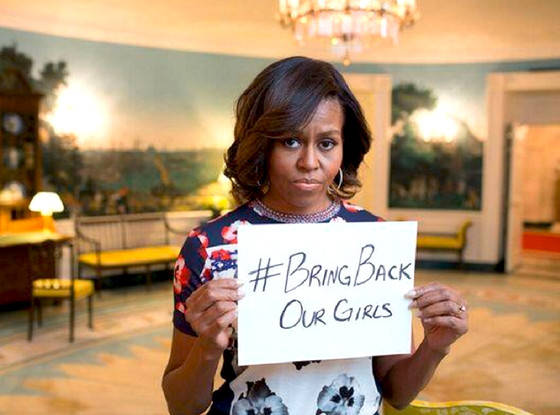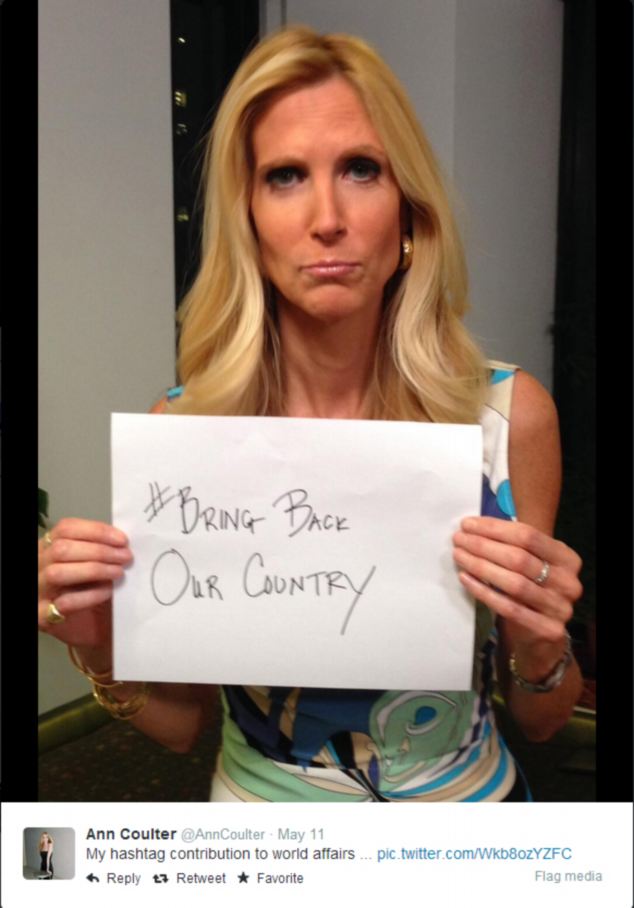Sam Vimes
XYZ published a piece last week decrying the false reporting, the refugee industry and crisis-driven guilt that the average Westerner is saddled with almost weekly. It’s a topic that I’ve had in the back of my mind and half-written for a little while, and one that I’d like to address from a different angle.
In the 2010’s, it seems that not a week goes by without some or other #Hashtag-fuelled crisis finding its way into the social media sphere, all of which rather conveniently could be solved if only one dug a few extra pennies out of one’s pockets for the cause.
It’s hard to exaggerate the scale of deception and incompetence which generally goes hand in hand with the drive for taxpayer-funded foreign aid, and the creation of narratives which the Marxist media uses to engender the sort of white-guilt, charity-porn that further fuels the idea that the West must do its bit to help.
I’m sure many of the readers of this site would, by now, have watched Cassie Jaye’s ‘The Red Pill’ documentary about the men’s rights movement, and the rather cancerous feminism which is leading to a legitimate crisis amongst young men in the West. The story that stood out for me from the documentary however was the account of the double standards applied to the #Bring Back Our Girls movement that found favour amongst the media and liberal elite in 2014, in response to the abduction by the Islamic extremist group, Boko Haram, of some 200 or so young girls from a village in Chibok, Nigeria.
What the segment in The Red Pill focused on was the fact that countless cases of abduction and similar murder had been perpetrated against young boys in Nigeria in the years prior (and since), yet the world had been largely silent – no hashtags for you, young men and boys, your lives are worth less.
Any such atrocity is to be condemned, and the Chibok incident is no less worthy of our sympathy and condemnation; no parent or child should have to go through that sort of ordeal. But my take away from the story was the typical self-congratulatory hashtag-fuelled drivel that saw every celebrity out for their 15 seconds of attention, holding up a placard declaring their support. Thanks, celebrities, your virtue signalling surely struck fear into Boko Haram’s ideological heart!

(Aside – Ann Coulter’s #Bring Back Our Country lampoon was excellent)

Thankfully, large numbers of the girls were returned some three years later, after a resolution was negotiated by the Nigerian government, but in a shock development, I can report that nothing has changed, the situation is as bad as it was then, and more children are being kidnapped even now.
Of course the media reports every atrocity and no doubt more calls for aid will be made – from a personal perspective I feel deeply sorry for the average Nigerian affected by this – but what doesn’t get nearly the airtime is the question of why the hell the Nigerian government hasn’t done something more substantial about the problem.
That’s the real story.
The reality of the situation is that we have an African country completely unable to cope with the situation, dogged by corruption, one that has received billions of dollars in foreign aid from the West over the past few decades, yet one who’s government hasn’t managed to lift the quality of life of its poorest citizens one iota during this time. How can we expect this government to deal with an issue as complex as Boko Haram? It’s almost like they have sought to perpetuate the conflict [a cynical mind might even suggest that the destabilisation of the economic hub of the West African region might even be seen as a good thing by those who would benefit from increased global migration patterns and the flight of refugees to Europe, call me crazy].
Indeed the LA Times reports that systemic failures, lies, obfuscations and negligence have only exacerbated the plight of those afflicted. More recent attacks in the country just this week have highlighted the fact that the Nigerian government’s blunders may very well be aiding Boko Haram indirectly.
Never fear though, one can always assuage one’s conscience and donate to Oxfam, Amnesty International or Save the Children, notwithstanding the scandals that are now plaguing these organisations. Your donations will help to bring back these girls and end the terrorism, you know!
On the subject of charitable scandal, does anyone remember Joseph Kony, leader of the Lord’s Resistance Army (LRA)? The LRA was the rebel army fighting in yet another interminable civil war against the Ugandan government in this instance, and had achieved international condemnation in the 2000’s for the kidnapping of an estimated 30-40,000 children into its ranks and turning them into child soldiers. [Come to think of it, I don’t recall anyone holding up a #Bring Back Our Boys hashtag at that time either – strange].
Kony was the subject of a video campaign from a charity organisation called ‘Invisible Children’ in 2012 called ‘Kony 2012’ that went viral on YouTube, spawning all sorts of swooning amongst the liberal media and celebs, and ultimately raising millions of dollars for the cause. However it wasn’t all roses and kittens.
Almost immediately however, the rumours started circulating that the viral video was littered with inaccuracies and that the organisation was largely based around generating the sort of white liberal slacktivism best encapsulated by the feeling that one is doing one’s bit by Tweeting about something. As the Washington Post article explains, this sort of misplaced narcissism by a charitable organisation, and its mugging of the social consciousness via charity porn does nothing to help the liberal narrative of crisis in the third world, and the idea that under the guise of charity, we in the West are obliged to attempt to resolve the problem. Why exactly, our charity does not have any demonstrable effect.
Lastly, I would like to recommend the following book for all who are beset by liberal stupidity around the issue of aid, refugees, migration etc. Someone has very kindly provided a convenient PDF online.
‘Dead Aid’ by Dambisa Moya – a Zambian national, argues that Africa remains poor, corrupt and riddled with problems precisely because of all the liberal Western aid, and not for the lack of it. The book makes a series of economic arguments, but is concise and broken down into relatable chunks. One argument it makes is that China’s all-business approach to Africa, which some see as just a new colonisation for the 21st century, is exactly the sort of pragmatic approach to development that Africa needs, as opposed to what the author clearly sees as the patronising Western liberal attitude that Africa is the West’s responsibility. It’s a complex subject, and I’m not convinced that China’s resource-grab approach to African development is doing anything to stem the flow of African ‘refugees’ into Europe or improve the lot of the poor in Africa beyond those well-connected to the government of the day.
What I do know is that the current Western liberal approach to blindly throwing good money after third world problems doesn’t work, and that the failure to deal honestly with the problems in places like Africa (or the Middle East), or discuss the victim narratives that frequently accompany the stories without fear of being decried as racist, is only promoting the idea that the West is somehow complicit, and enabling the Leftist narrative that we should all open our borders.
No – Charity must begin at home. The Bonos, Geldofs and bloody Lily Allens of the world can piss off and the charity organisations can stop with the heart-wrenching ad campaigns; I no longer buy what you’re selling. Unless someone can convince me with a pragmatic and workable solution to the Third World’s problems, one that doesn’t absolve the latter of all responsibility, or one that doesn’t involve exporting all of the same issues to the West, I’m not interested.









